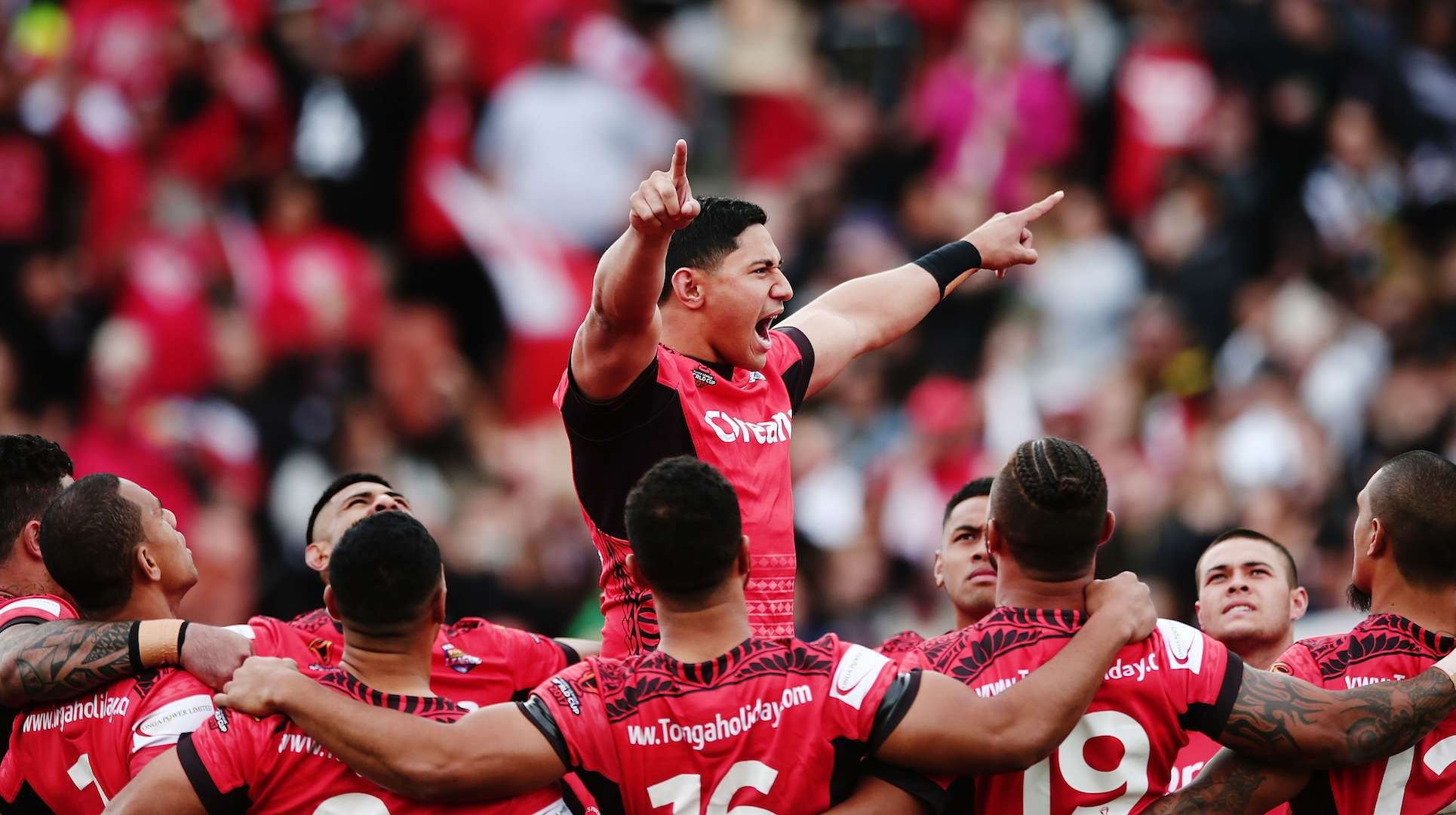Want to help Pacific Island rugby? Give the players the power to choose

In a week where World Rugby revealed a bit more of its agenda than it probably wanted to, the overshadowing of the real problem in the game has been palpable.
Yes, the 2023 Rugby World Cup got awarded to France because there’s more money to be made there than Ireland and South Africa. At best it’s pragmatic, at worst it’s cynical given the bizarre roundabout way they went about doing it – but everyone can agree that it’s obvious that international rugby needs more money rather than less.
Ireland will whinge long and hard about the decision, because that’s what the Irish seem to want to do about everything that doesn’t go their way these days. South Africa will feel somewhat bemused, given that they were more or less told it was theirs to lose just a fortnight ago. So it’s likely we’ve only just started hearing the recriminations about how it all went down.
Even though it’s clear that the decision was completely based on dollars and (at least in World Rugby’s eyes) sense. But it shouldn’t cloud the much more important financial situation that’s affecting the have nots of the rugby world.
This all comes at the same time that the Samoan Rugby Union has declared bankruptcy and the national team members are relying on public handouts to simply make it through their tour of the UK without operating at a loss. It’s the latest in an ongoing saga – and if it seems like it’s been going for years now, it’s because it has.
Conversely, there’s been some serious rumblings down in the southern hemisphere regarding the future of the game in the Pacific – albeit through a different code. The Rugby League World Cup has been tipped on its head thanks to a stacked Tongan side taking out the New Zealand Kiwis in pool play, thanks in no small part by the defection of star Kiwi lock Jason Taumalolo.
Taumalolo has recently signed the NRL’s largest ever contract, worth AUD $10m over the next decade with the North Queensland Cowboys. He is set, and doesn’t need the lure of national or State of Origin selection to guarantee his financial future. Due in part to an acrimonious relationship with Kiwi coach Davis Kidwell, Taumalolo chose to play for Tonga – strengthening a team already boosted by the inclusion of Andrew Fifita in similar circumstances.
League, unlike union in this part of the world, is run by the clubs. It often makes the international game seem like a bit of a farce, given that the eligibility laws also allow players to switch allegiance seemingly at will.
However, is it? Is it necessarily a terrible thing that the Tongan league team are now world beaters thanks to a few players deciding that they’d rather play for them than the traditional superpowers? And also, isn’t that what those critical of the All Blacks and other nations taking Pacific Island eligible players want?
Is it finally time to admit that the perceived strength of rugby union is also, for nations like Tonga, Samoa and Fiji, probably its biggest weakness? The events surrounding Samoa’s financial woes reveal that that strength only benefits the ones at the top of the pile. The solution may be the one thing that NZ Rugby dreads the most: opening the borders on eligibility, and decentralizing teams to allow them to contract more foreign players.
It’s this switch of power that would make the difference to Pacific Island players, not just relaxing eligibility rules. Because really, would it change too much by letting former All Blacks and others go back and play for the islands? All they would have is top heavy teams and the same threadbare approach that would mean promising players based in Europe would most likely stay there for the test window. Sustainability is the key here, not just some quick fix that presumes that former All Blacks are just going to swoop in and save Samoan rugby.
It’s the union equivalents of Taumalolo that need to be making the switch, who are at the peak of their powers, rather than guys in their 30’s who have been playing in Europe. Once they have the money and security, then they can start to make the choice to play for the islands.
Then World Rugby can start doing something about the revenue sharing model. Because we could all forgive them for the debacle over the hosting rights for the World Cup, and even their thinly veiled reasoning that it will make them a ton more money – if that money actually goes to who needs it.
But, by 2023, it might be be too late for the Pacific Islands.
READ MORE:
The big issue: unfairness, welfare and the myth of ‘poaching’ in Pacific Island rugby















